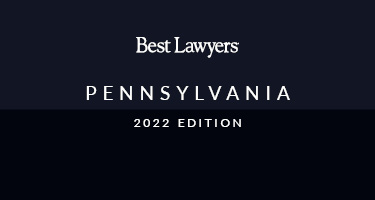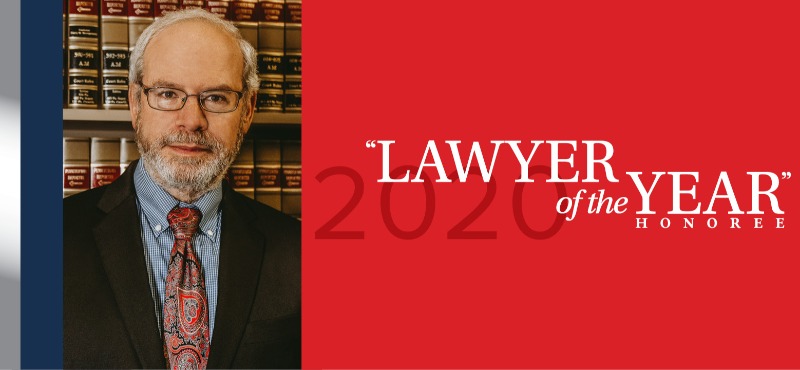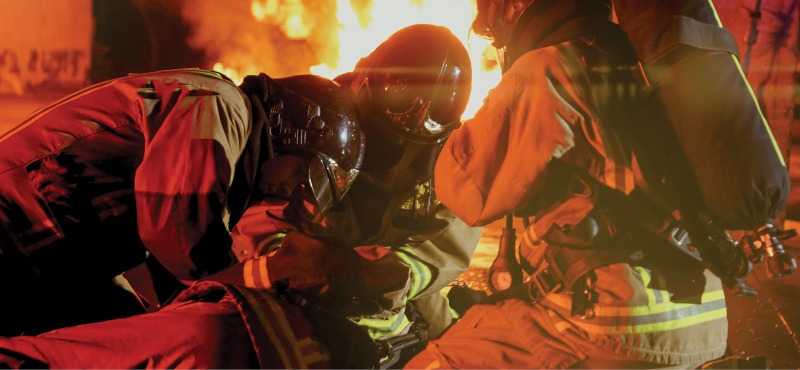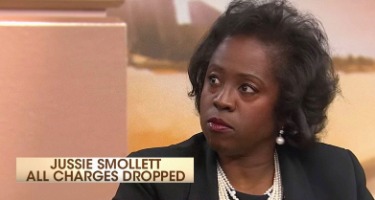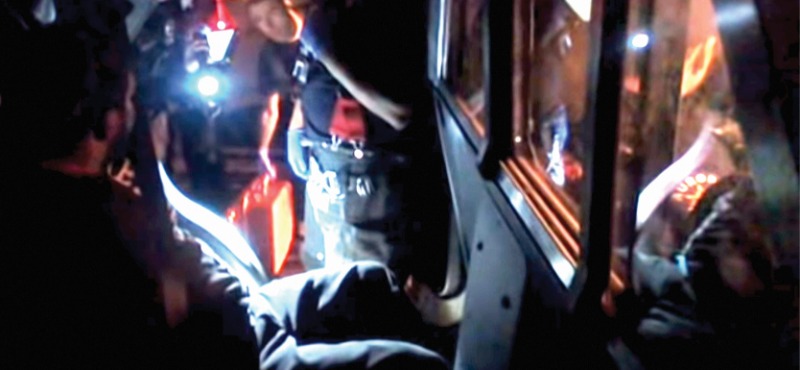In the Headlines
Buchanan Ingersoll & Rooney: B. Lafe Metz (Real Estate Law, 2014) is working to secure naming rights for a proposed ice skating complex at Hunt Armory. A title sponsor will provide a “key piece” of the project’s financing, according to Metz’s partner Steve Mosites. “It’s a big chunk of money. We’re looking for an annual contribution for 10 years. It’s just a matter of finding the right group. We’re getting there. We just have to keep knocking on doors,” Mosites told the Pittsburg Post-Gazette. The design phase of the project is set to begin once financing from the naming rights is settled.
Porter Wright Morris & Arthur: Ellen Freeman (Immigration Law, 2018) spoke with the Pittsburgh Post-Gazette about the Trump administration’s crackdown on H-1B visas and its effect on Pennsylvania’s workforce, particularly in the specialized tech sector. “We call it an invisible wall, that the Trump administration really built a wall around legal immigration,” Freeman told the Gazette of the “Buy American, Hire American” policy. H-1B visa denials rose 41 percent between the third and fourth quarter of 2017, according to the National Foundation for American Policy.
Rothman Gordon: Samuel J. Cordes (Employment Law – Individuals, 2003) represented a former employee of the University of Pittsburgh, who alleged discrimination against the university. The woman alleged that colleagues made racist comments toward her and that she was bypassed for promotions because of her race.
Honorable Mention
Pepper Hamilton: The firm added 24 IP attorneys, patent agents, and paralegals to its Rochester New York office in February, expanding its patent counseling and litigation capabilities. The 12 IP attorneys joining Pepper Hamilton within that group come from a range of technical backgrounds and will bring expertise in areas including life science, biology, pharmaceuticals, medical devices, and more. “This group offers Pepper a unique opportunity to elevate our current practice and expand our offerings through the addition of a highly skilled, highly regarded group of attorneys, paraprofessionals, and staff,” said Thomas J. Cole Jr. (Employment Law – Management; Labor Law – Management; 2010), a managing partner at Pepper Hamilton.
Lewis Brisbois Bisgaard & Smith: Megan E. Grossman (Education Law; Product Liability Litigation – Defendants; Transportation Law, 2019) was one of 10 lawyers to join the firm’s Philadelphia office. “Pete and Megan are superb lawyers with excellent reputations,” said managing partner John T. Salvucci, about Grossman and another new hire. “In addition, they are genuinely nice people—a perfect complement to the culture here at Lewis Brisbois. And they have arrived with a phenomenal team.”
ITN Feature
Kairys, Rudovsky, Messing, Feinberg & Lin: Jules Epstein (Appellate Practice; Criminal Defense: General Practice; Criminal Defense: White-Collar, 1999) spoke with the Philadelphia Inquirer about new research showing that court reporters in Philadelphia regularly transcribe black dialect incorrectly. The study, which was published in the journal Language, was conducted by linguists from the University of Pennsylvania and a co-founder of the Philadelphia Lawyers for Social Equity and assessed 27 court reporters in Philadelphia.
The study found that around 40 percent of the sentences transcribed from dialect had errors. Further, nearly 70 percent of paraphrasing was considered inaccurate; and 11 percent of transcriptions were considered “gibberish,” according to the Inquirer. The consequences of these errors can be significant: In one example cited in the study, “He don’t be in that neighborhood” was transcribed to be “We going to be in this neighborhood,” two sentences with opposite meanings and implications.
Misinterpretation of testimony could change the outcome of a case—calling into question someone’s alibi or his or her relationship to the other parties discussed at trial, the research indicated. The findings of the study cast doubt over the accuracy of Philadelphia’s court records, the Inquirer reported.
"The separate question this poses is, 'Are the judges and the jurors and the lawyers misapprehending what people are saying?'" Epstein said. "It's really important that people have meaningful access to the courts. And meaningful access means that we can be understood."


